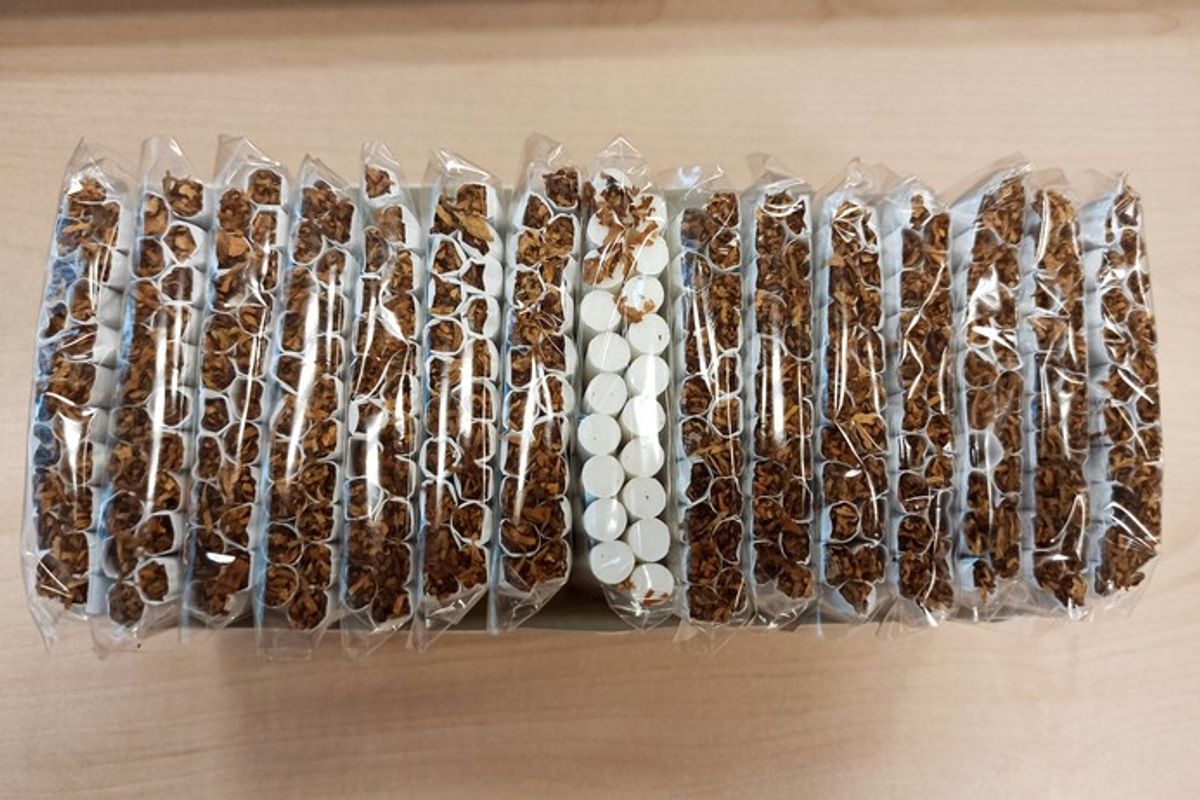More than 30,000 packets of cigarettes were seized from one Bournemouth shop during a raid by HMRC and police.
The cigarettes were found during routine visits to a number of shops in the Bournemouth south area, which includes the town centre. It's not clear where the raid was carried out. But officers believe the cigarettes were likely counterfeit or illegally obtained, warning they could have “posed serious health and safety risks to the community”.
Officers from Dorset Police, BCP Council, Trading Standards and HMRC found a “significant issue” with illicit cigarette sales.
A Bournemouth police spokesman said: “Following the seizure, both police and Trading Standards continued to investigate the source of the illicit cigarettes and any potential criminal activity associated with their sale.
“This collaborative approach demonstrates the effectiveness of law enforcement agencies working together to address issues of public safety and consumer protection within the community.”
If cigarettes sold by shops are found to not be up to standard, businesses are at risk of a penalty of up to £10,000.
HMRC said: “Trading Standards investigate unfair trading and illegal business activities. This includes the detection and removal of tobacco products that should not be available for sale. These are sometimes known as illicit tobacco products.
“If they think you have broken the tobacco track and trace rules your information may be shared with HMRC.
“HMRC will decide if the rules have been broken and contact you directly. They will let you know about any action to be taken.”


